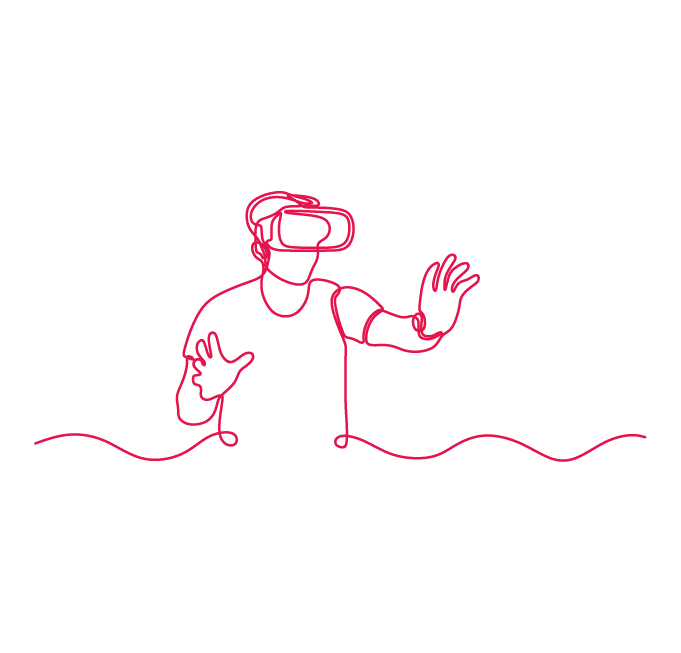Digitization is changing our lives. Thanks to its rapidly growing infrastructure, Cologne provides the best possible prerequisites for digital business ventures. In Cologne – one of Germany’s most digitalized cities – some 550 digital startups generate around one billion euros a year.
The Digital Hub Cologne initiative sets out to connect innovative start-ups with business, science and industry thus creating value with and for the digital economy.
The Smart City Index, which is published by the industry association bitkom, ranked Cologne fourth in a nationwide comparison of the most digital cities in 2025, and number one in North Rhine-Westphalia.
The Smart City Index compares 82 German cities in terms of their strategic orientation and digitization strategies. This year, Cologne achieved notable progress in the areas of administration, energy and the environment, mobility, society and education.
